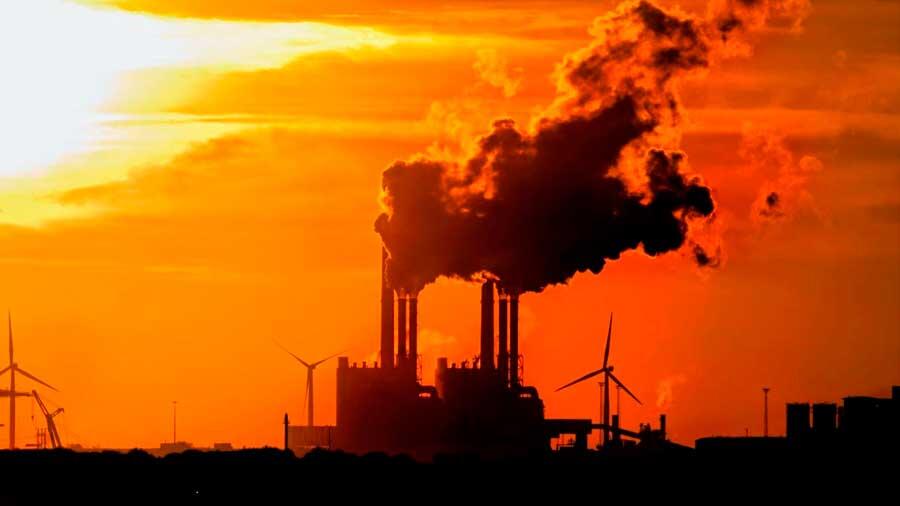Current levels of atmospheric concentration of greenhouse gases and to undertake air temperature increase above 1.5 degrees Celsius over many regions.
The results of a new research published in Scientific Reports this July 27, have implications for the international debate on the safety thresholds of rising temperatures due to climate change, whether 1.5 or 2 degrees Celsius above pre-industrial levels.
The magnitude of the additional heating at the surface will influence how we need to redesign some cities, and would also have effect on the responses of trees and plants, including crops.
The research was conducted by scientists from the Centre for Ecology & Hydrology and the University of Exeter, UK.
The research team found two main conclusions behind the result.
First, if even possible to keep carbon dioxide concentrations at levels of 400 parts per million, the planet would continue warming to a new equilibrium with higher temperatures. Today, the weather is out of balance, with the oceans driving lot of heat from the atmosphere. However, this decrease as the planet drift toward a stable climate state.
Second, rates of warming are much higher than the global average when temperatures over the oceans are included.This is observed in meteorological measurements and reproduces through a wide range of climate models feature.
Lead author Chris Huntingford, the Centre for Ecology and Hydrology, said: “It would certainly be inappropriate to create any additional fears about climate change However, what this study reiterates is that the oceans are currently acting as a strong sink. heat. Even if carbon dioxide somehow stabilized at current levels, the additional warming would worsen as we move towards a state of equilibrium climate “.
The couatora Lina Mercado, Professor of Physical Geography, University of Exeter, said: “Our findings suggest that we are committed to temperatures above 1.5 ° C in many regions of the land at current levels of greenhouse gases. it is imperative to understand the consequences for our health services, infrastructure and ecosystems











